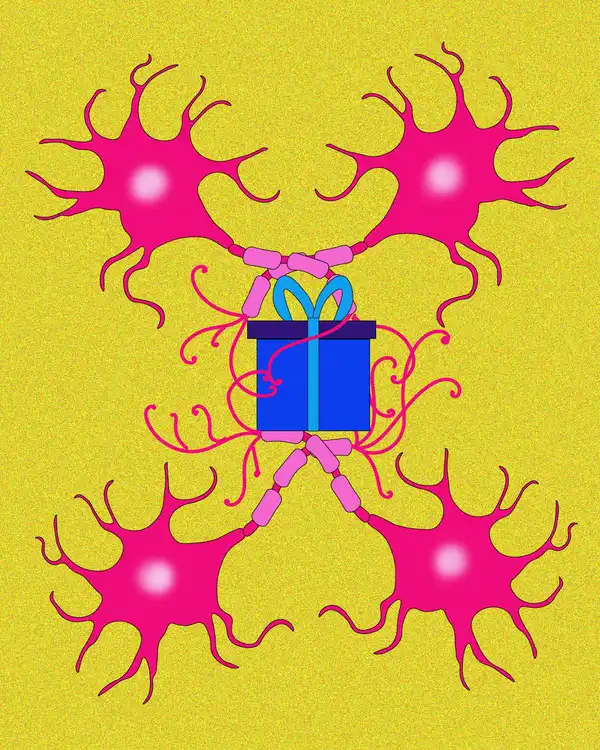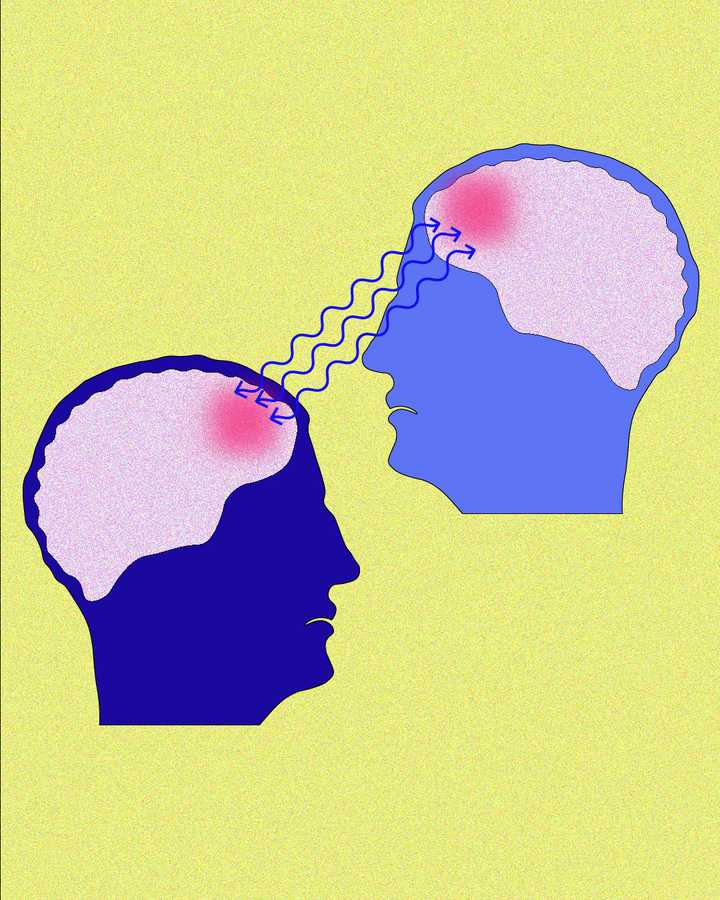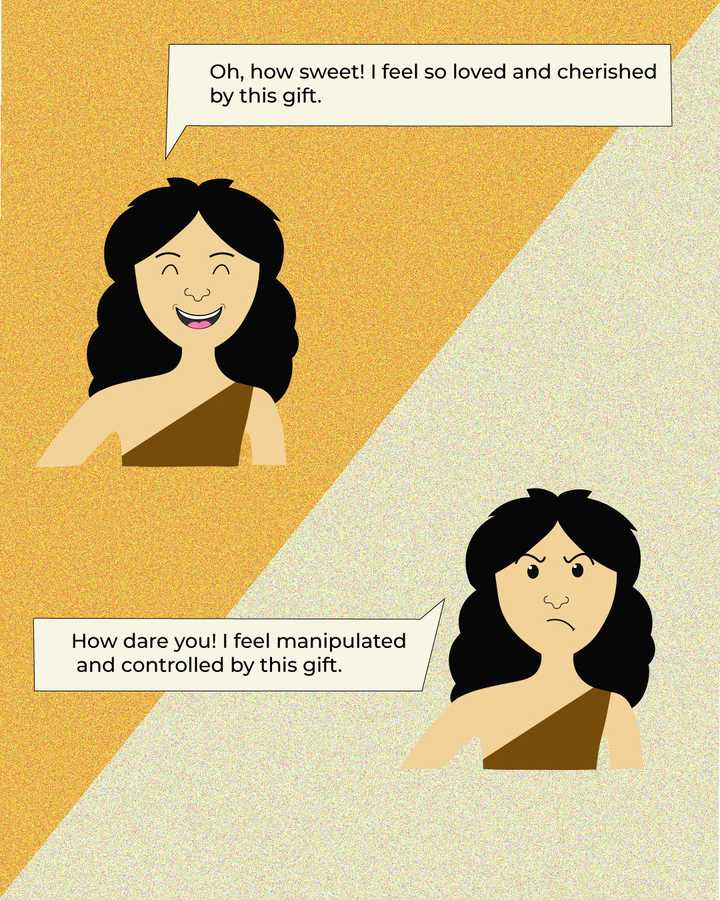
Everything you need to know about stem cells
What are stem cells, and what makes them so unique? What are the different types of stem cells, and how have they impacted modern medical science? Here is us answering all your questions about stem cells.

Let’s engage in a little thinking exercise, shall we? Can you recollect the last time you gifted a loved one something? Perhaps it was a special occasion like a birthday or an anniversary. Did you feel joyful and a sense of being rewarded, although it was you who had spent the time, money and effort to buy the gift? Can you remember how the gift was received, and if your relationship with the recipient changed after the exchange?
Interestingly, gifting happens to be one of the important love languages author Gary Chapman describes in his book on the five love languages, and this love language is certainly not new to humans. In the early human hunter-gatherer societies, the act of gifting could mean a lot of things. It could indicate a selfless expression of kindness or it could signify status, power and control. Gifts were often in the form of rocks, animal teeth and even the barks of trees. Of course as time went by, gifts got more and more elaborate. How could we forget the statue of liberty gifted by France to the USA as a way of establishing political alliance?! It is then not so surprising how the habit of gifting has integrated itself into cultures across the globe even today, with the average American spending almost 1000 USD annually on Christmas gifts alone!
So yes, we humans love taking out the time to go shop, painstakingly wrap, and present materialistic gifts to other fellow human beings. But the question is, how does this really help us - both individually and as a society?

Gifting a romantic partner may have given us a reproductive advantage. © Sunaina Rao.
Now considering that gifting has been an integral part of human history, it is natural to wonder if this act could have somehow helped the survival of the human species. To explore this, a study on evolutionary psychology investigated the gifting behaviour of young adults. They found that when it came to gifting expenditure, the maximum was actually spent on romantic partners, followed by close members of the family (like parents and siblings). What this underlines is a significant evolutionary psychology, where gifting a romantic partner may have felt like a contribution towards reproductive fitness and hence propagation of one’s own genes. Whereas gifting a close family member, may have felt like a contribution towards the propagation of closely related genes, if not one’s own.
Although there appears to be some kind of survival advantage in gifting one another here, the question is, is it worth all the sacrifice? Could there be more to this?

Brain synchronization during gift exchange. © Sunaina Rao.
Human brains are extremely complex structures, and studying how it functions has immensely helped us understand why we do the things we do. Intrigued by this social behaviour of gifting, a group of scientists set out to understand the effects gifting can bring on the activity of the brain - something they called ‘the gift effect’.
Their study involved 15 couples, who had consolidated friendship between each other. As part of the study they were told to perform a joint computerised task. Now somewhere during this task completion process, the participants were asked to take part in a gift exchange ritual. One among the two was arbitrarily chosen to be the donor, whereas the other was chosen to be the recipient of the gift. During the entire process, the brain neuronal activity of the participants was recorded using a non-invasive neuroimaging technique, called functional Near Infrared Spectroscopy (fNIRS).
Now what they found was extremely fascinating.
Following gift exchange, there appeared to be an increased cognitive performance when it came to task completion, in both the donors and the recipients of the gift. Additionally, the fNIRS also showed increased neuronal activity in a specific area of the participants’ brain, called the dorsolateral prefrontal cortex (DLPFC). Amongst many other functions, this part of the brain is known to regulate social skills, empathetic processes, emotional attunement and suppression of egoistic behaviour. What was even more interesting is that the increase in brain activity was synchronised between the donors and recipients. What this study basically shows is that gift exchange can have positive effects on cognition and interpersonal relationships. So essentially, it is useful not only for the person receiving the gift but also for the one giving it, and for what happens to the relationship as a result.
Are you beginning to get the feeling that this kind act of giving someone a heartfelt gift, is centred in selfishness? Well, you might be right, however there is more to the story.
Now let’s talk a little about the ‘love hormone’ - Oxytocin. Oxytocin steals all the limelight when it comes to mother - child bonding, production of milk and several other aspects of female reproduction. But more and more research now shows that this hormone plays many other roles too. A study on neuroeconomics shows how oxytocin can mediate generosity in humans. In their experiments, participants were asked to play a series of games to earn money. However they were also given an opportunity to donate a certain portion of their earnings towards charity. Interestingly, they found that participants who were given an oxytocin infusion tended to show a higher level of generosity when it came to donating their earnings. Could this mean that people who voraciously gift may have higher levels of oxytocin? Possible.
But what makes the equation Oxytocin = Higher Generosity, more interesting, is that the act of generously helping someone, itself releases oxytocin in our brains. Oxytocin helps counteract stress and triggers the release of dopamine and serotonin. Dopamine helps think, plan and focus, and serotonin is a well known mood stabilizer. So essentially the act of helping releases these three chemicals - oxytocin, dopamine and serotonin (together called the happiness trifecta), which can now in turn inspire one to engage in more generosity. An interesting cycle of events isn’t it?
Considering these chemical benefits, it’s not so surprising then that we humans, in spite of it being an energy consuming process, love pampering our loved ones with generous gifts. But let’s not forget that gifting after all is a social behaviour. What effect does gifting actually have, on the relationship between the giver and receiver?

A gift, depending on the context, can have both a positive or a negative impact on the relationship. © Sunaina Rao.
It is almost easy to assume that the act of giving someone a gift is bound to make the recipient happy, and hence in some way must improve the relationship. But in reality a gift can induce a myriad of emotions in the recipient, and the kind of emotion induced, ultimately decides what happens to the relationship.
To understand the impact of gift experiences on relationships through the lens of the recipient, a research group conducted a study that involved over 100 interviews and in-depth incident surveys. They asked the participants to describe an actual situation in the past where they had received a gift, the emotion they experienced, and what they felt about their relationship with the gift giver as a result.
Indeed, the highest percentage of the participants recollected a happy emotion, like empathy, or a feeling that they were recognised by the giver. They consequently felt that their relationship with the giver was positively affirmed. However what was interesting, was that there were also a significant fraction of participants who recollected feeling controlled, misunderstood, manipulated, insulted, and even threatened by the gift, leading to the weakening or entirely ending the relationship.
What this essentially shows is that a gift may not always have a positive effect, in fact it’s impact depends on the already existing relationship between the giver and the receiver, the context in which the gift is given, and also the emotional status of the recipient.
Now if this has gotten you feeling a bit jittery about the gift you need to buy for your best friend’s upcoming birthday, then worry you not, there are studies that can indeed help you find the ‘perfect’ gift!
So is there a fool-proof way of selecting the right gift? Believe it or not, this has been researched too!
A study that involved in-depth interviews with several participants, showed that people consider gifts to be truly special when:
They also found that the best of the gifts involved intangible elements like sacrifice, selflessness and surprise.
What’s most fascinating about these studies is that it shows us how a simple act like gifting, which we have been doing since time immemorial, has so much scientific basis to it. So every time we hand over that perfectly wrapped gift, are we consciously aware of all the neurological and physiological phenomena going on in our body? I am guessing not! But they are taking place, silently driving us to do the things we do. Perhaps the next time we give someone a gift, it might be fun to envision all the neuronal firing going on in our brain, the brain synchronization between us and the recipient, and the happiness trifecta gushing through our blood vessels. Also, hopefully we have considered all the intangible elements that could make our gift truly special!